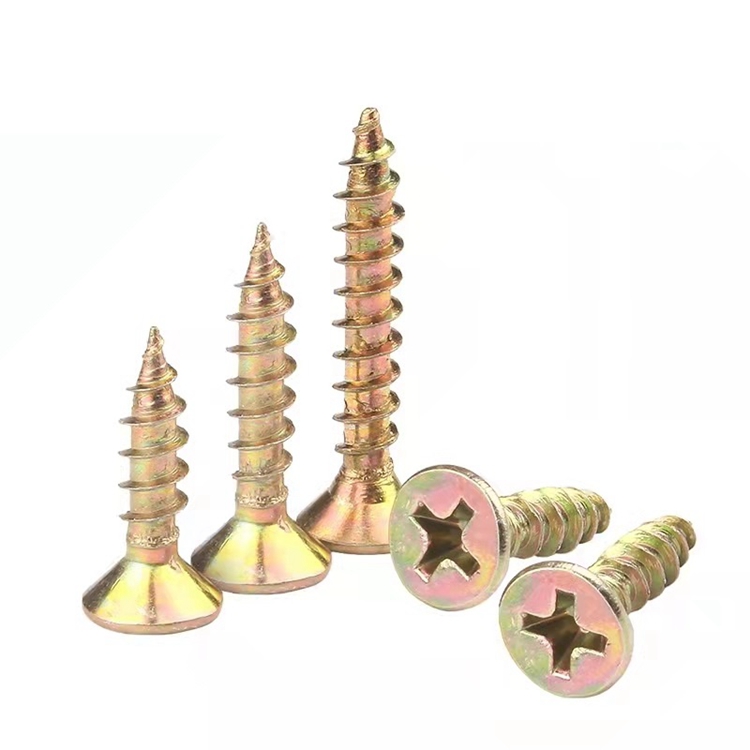oem stud bolt 8mm 6mm
Dec . 06, 2024 18:15 Back to list
oem stud bolt 8mm 6mm
Understanding OEM Stud Bolts A Focus on 8mm and 6mm Variants
In the world of industrial and mechanical engineering, the terminology surrounding fasteners can often seem overwhelming. Among these components, OEM stud bolts play a crucial role, providing mechanical strength and reliability in various applications. This article delves into the significance of OEM stud bolts, specifically focusing on the 8mm and 6mm variants.
What are OEM Stud Bolts?
OEM stands for Original Equipment Manufacturer, a term that signifies parts made by the company that originally manufactured a product. OEM stud bolts, therefore, are fasteners produced to the specifications of original equipment manufacturers to ensure compatibility and performance. These fasteners have specific dimensions, material grades, and coatings that meet strict standards, making them vital for construction, automotive, aerospace, and machinery applications.
The Importance of Size 8mm vs
. 6mm Stud BoltsWhen selecting stud bolts, size is a significant factor. The 8mm and 6mm stud bolts reflect the diameter of the bolt shaft, with each size serving different functions based on the specific demands of the application.
1. 8mm Stud Bolts - Strength and Load Bearing The 8mm stud bolts are generally utilized in applications requiring higher strength and load-bearing capabilities. They are suitable for heavy machinery, structural frameworks, and equipment that must withstand considerable stress and pressure. - Applications Common in industries such as construction, automotive, and marine, these bolts are ideal for securing components that must maintain stability under load. - Material Composition Typically, 8mm stud bolts are manufactured from high-tensile steel or alloy steel, sometimes with additional coatings for corrosion resistance, enhancing their durability in harsh environments.
oem stud bolt 8mm 6mm

2. 6mm Stud Bolts - Versatility On the other hand, 6mm stud bolts, while smaller, are extremely versatile. They are often used in lighter applications, where less force is exerted on the fastener. - Common Uses These bolts can be found in machinery, appliances, and automotive components where there is a need for smaller, precision fasteners. They are perfect for securing parts in situations where space is an issue. - Material and Durability Like their 8mm counterparts, 6mm stud bolts can be made from various materials, including stainless steel, which offers excellent resistance against corrosion and rust.
Choosing the Right OEM Stud Bolt
When deciding between 8mm and 6mm stud bolts, several factors should be taken into account
- Application Requirements Understand the load requirements and choose a bolt size that can handle the stress without compromising safety. - Environment Consider the environment where the fasteners will be used. If they will be exposed to water or chemicals, select bolts with appropriate coatings or materials. - Compatibility Ensure that the chosen stud bolts are compatible with existing components to guarantee a secure fit.
Conclusion
OEM stud bolts, whether 8mm or 6mm, are essential components in various engineering fields, contributing to the structural integrity and functionality of equipment and machinery. Understanding the differences between the two sizes can guide professionals in making informed decisions to ensure optimal performance and safety in their projects.
In a world where precision and quality are crucial, investing in OEM stud bolts is a smart choice that underscores the importance of reliability in mechanical design and engineering. Whether selecting larger 8mm bolts for heavy-duty applications or the more flexible 6mm variants for lighter tasks, recognizing their specifications and applications can lead to improved outcomes and greater efficiency across multiple industries.
Latest news
-
High-Quality Panel Stud Bolt Reliable Panel Stud Bolt Factory & Suppliers
NewsJul.08,2025
-
High-Precision Fine Thread Locknuts Manufacturer & Supplier Custom Solutions
NewsJul.08,2025
-
PH Imperial Stud Bolt – High Strength Fasteners from Leading Supplier & Factory
NewsJul.07,2025
-
High-Quality Allen Wrench Bolts Leading Factory, Company & Suppliers
NewsJul.07,2025
-
Wholesale Ball Stud Bolt - High Quality Supplier & Factory Price Reliable Wholesale Ball Stud Bolt Company
NewsJul.06,2025
-
High-Strength Alloy Bolts Manufacturer & Supplier Quality Alloy Fasteners Factory
NewsJul.06,2025
